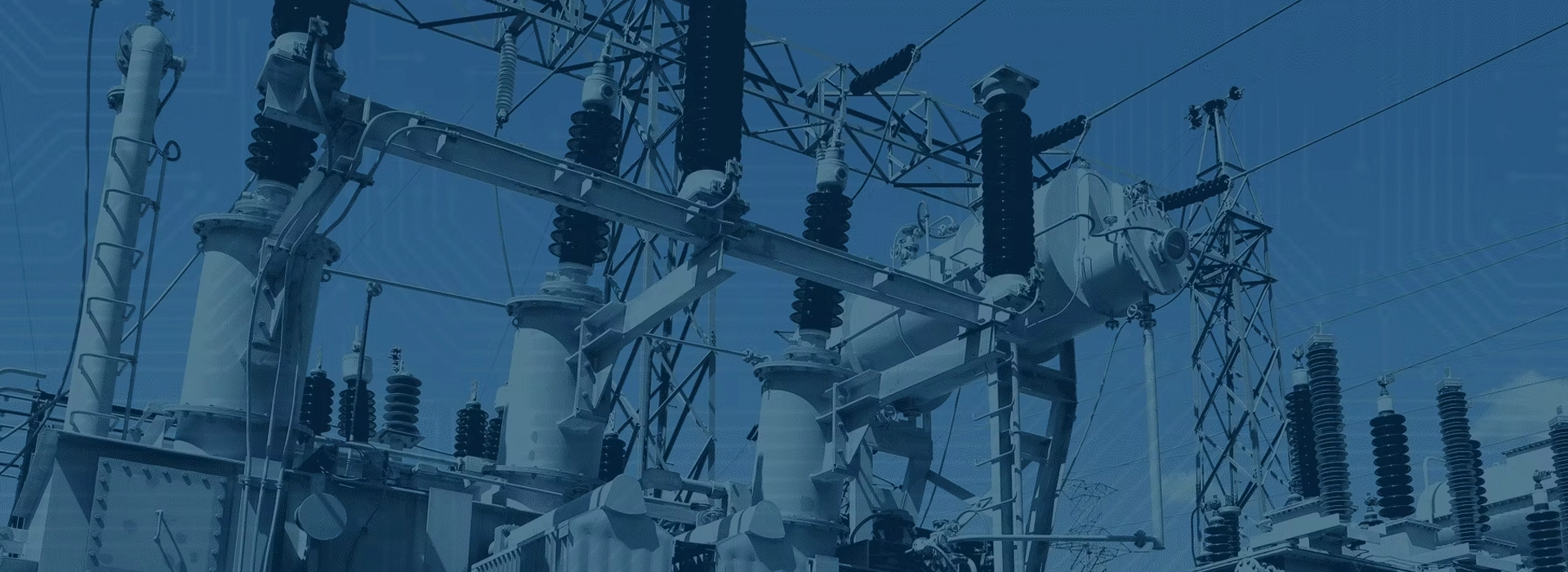How to Choose the Right Surge Arrester Voltage Level for Your Power System: A Complete Guide from Uni Manufacturer
Learn how to choose the right surge arrester voltage level for your power distribution system. Uni explains key selection criteria, application scenarios, and how our factory-direct pricing ensures high-quality, cost-effective protection.
Introduction:
Surge arresters are essential components in modern power systems, protecting valuable equipment from dangerous overvoltage events caused by lightning strikes, switching operations, and grid disturbances. But selecting the right voltage level for a surge arrester is not always straightforward.
In this guide, Uni, a trusted surge arrester manufacturer and exporter, walks you through the key criteria for voltage selection, real-world examples, and the best application practices — all while offering factory-direct pricing and certified quality for your project needs.
Why Voltage Selection Matters
Choosing the right voltage rating ensures that your surge arrester:
🛡️ Activates only during dangerous overvoltage events (not during normal operation)
🔒 Provides reliable protection without nuisance tripping
⚙️ Matches the insulation level of your equipment and system voltage
An incorrectly selected arrester could either fail to protect equipment or degrade too quickly, leading to expensive maintenance or outages.
Key Parameters for Choosing Surge Arrester Voltage Level
1. System Nominal Voltage (Un)
This is the operating voltage of your power network. It could be 11kV, 33kV, 66kV, 132kV, etc.
2. Maximum Continuous Operating Voltage (MCOV)
MCOV is the maximum RMS voltage that can be continuously applied to the arrester without degrading its performance. Always select an arrester with MCOV slightly above your system’s phase-to-ground voltage.
Example: For a 33kV system (line-to-line), the phase-to-ground voltage is ~19.05kV. The surge arrester’s MCOV should be just above this, typically 21kV.
3. Temporary Overvoltages (TOV)
Systems may experience short-lived overvoltages (e.g., due to faults or load changes). Ensure your arrester can withstand these without damage.
4. Insulation Coordination
Surge arresters should be coordinated with the insulation level of equipment (BIL – Basic Insulation Level) to protect transformers, cables, and switchgear efficiently.
Typical Surge Arrester Voltage Selection Table
| System Voltage (kV) | MCOV (kV RMS) | Suggested Arrester Class |
| 11 kV | 9–10 | Distribution class |
| 33 kV | 27–30 | Distribution/Station class |
| 66 kV | 54–60 | Station class |
| 132 kV | 108–120 | Station class |
Voltage Selection for Different Applications
🔌 For Transformers
Choose arresters based on transformer primary voltage and BIL.
Install them directly on bushings or incoming terminals.
🔌 For Switchgear or RMU
Match the voltage rating with system voltage and cable insulation level.
Use surge arresters in cable entry terminals to protect indoor gear.
🔌 For Overhead Lines
Select arresters with high energy-handling capacity.
Often used with polymer-housed arresters to resist weather and pollution.
Why Choose Uni Surge Arresters?
As a direct factory, Qingzhou offers unbeatable advantages:
✅ High Quality at Lower Cost
We manufacture in-house and export directly — no middlemen. Our MOV blocks are tested for high energy absorption and durability.
✅ Customized Voltage Ratings
We offer flexible design options, including customized MCOV and discharge voltage, suited to your specific grid.
✅ Compliance with International Standards
All products meet IEC 60099-4 standards, with full type test and routine test reports.
✅ Export-Ready Logistics
With clients in the Middle East, Africa, and Southeast Asia, we offer timely delivery, packaging, and documentation support for overseas buyers.
✅ Expert Technical Support
Our engineers will guide you through selection, installation, and maintenance.
Conclusion
Surge arresters are your first line of defense against voltage surges — and selecting the correct voltage level is crucial for safety and system performance. At Qingzhou, we combine manufacturing expertise with deep technical knowledge to deliver surge arresters you can trust.
🔗 Explore Uni Surge Arrester Products
🔗 Contact Us for a Quotation or Technical Support

